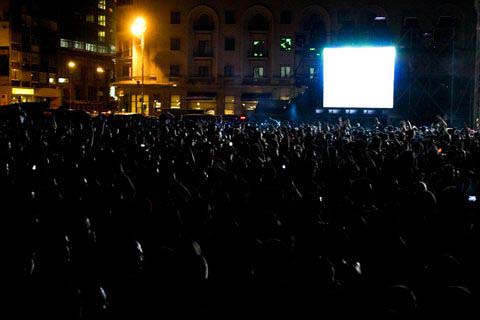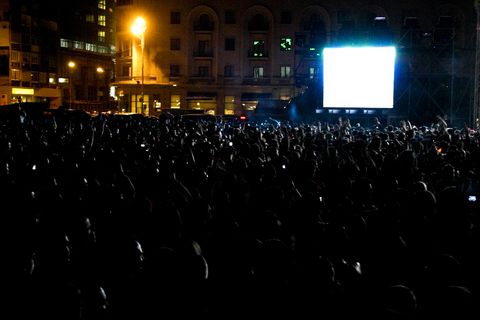Jungian Psychotherapy, and Our “Typical”, Atypical Self

Jungian case studies tends not to talk much about “the typical person”. However, someone I respect a lot recently sent me a link to a very clever video on what humans have and do not have in common. It’s produced by the National Geographic Society, and entitled “7 Billion: Are You Typical?” It’s a very well put-together, engaging video about “the world’s most typical person”:
Typical
The concept of “the world’s most typical person” invites some really careful thinking. All of us seem inclined to compare ourselves to the “typical person”. It seems to me that there are some interesting ways in which we do this. I think we both look for the ways in which we are like such a typical person, and the ways in which we are unlike him or her. We often do want to establish what we have in common with such a person. We want to feel some bond of shared humanity. But we also want to find ways in which we are individuals.
How Do You Compare?
How do you compare to the “most typical person” in this video? He is a 28 year old Han Chinese male. Perhaps you feel, as I do, that “The most typical person in the world is not like me, in many respects.” But are there some deeper ways in which you and this “typical person” are alike? Put more basically, what is it that gives you your particular identity? What makes any of us unique individuals? I think it’s something beyond whatever categories or traits are compared. There’s a kind of mystery in that.
It’s All There, In Us
What makes us “atypical”, or unique? There are many, many things, when we reflect.
It would be a big mistake to see the 9 million “most typical” humans referred to in the film as all “the same”. Every one of them will have a myriad of unique personal factors. For instance: different family of origin; different socio-economic background; different genetic make-up; and, different life history. These are just four of a huge array of factors that make a person the complex, unrepeatable event that they are.
Questions for You, as a “Typical Atypical” Individual
What makes you the unique human that you are?
What do you feel are the key things about you that shape your particular identity?
What are the groups of people with whom you feel a common human link?
Are there things that you feel you have in common with all human beings?
What are the mysteries that you experience in yourself? The things that form part of your identity that you maybe can’t fully understand or explain?
Beyond Categories, There is the Mystery That We Are
This last thing, the exploration of the mystery of the self, is the special realm of case studies and depth psychology. For many, opening up the unexplored territory in the self, and living it out, is essential to having a meaningful life. For many, as life progresses, this journey takes on more and more importance. For such individuals, entering something like Jungian analysis may be essential.
May your journey to wholeness connect you meaningfully to others, but above all, to your unique self,
Brian Collinson, Psychotherapist & Jungian Analyst
[cta]
1-905-337-3946
[cta]
PHOTO CREDIT: © Constantin Opris | Dreamstime.com
VIDEO CREDIT: © 2011 National Geographic Society
© 2011 Brian Collinson


Robert G. Longpré
You are right to point to the similarities. The video doesn’t look at similarities and differences from a “psyche” point of view and so misses out a lot which would help many see the similarities even if they are females way outside the age range of this typical 28 year old male Han Chinese. It is too easy to focus on the differences and use those differences to “discount” the otherness. Good questions, Brian.
Brian C
Thanks very much for your interesting comment, Robert. I certainly agree that the video doesn’t approach similarities and differences from the perspective of psyche per se. To a certain extent, I think that is reflective of how we approach such things in everyday life, in that it is very easy to project certain characteristics, positive or negative, on a person on the basis of their appearance. Most often, we do this without even being conscious that we have done it. I also agree that it is easy to “discount” the otherness of the other. I think that it is just as easy to discount our own “otherness”, the elements in ourselves that don’t easily fit with the picture or preconception that we have of ourselves. Accepting the otherness of the other, and our own — what Jung called the shadow — are intimately connected.